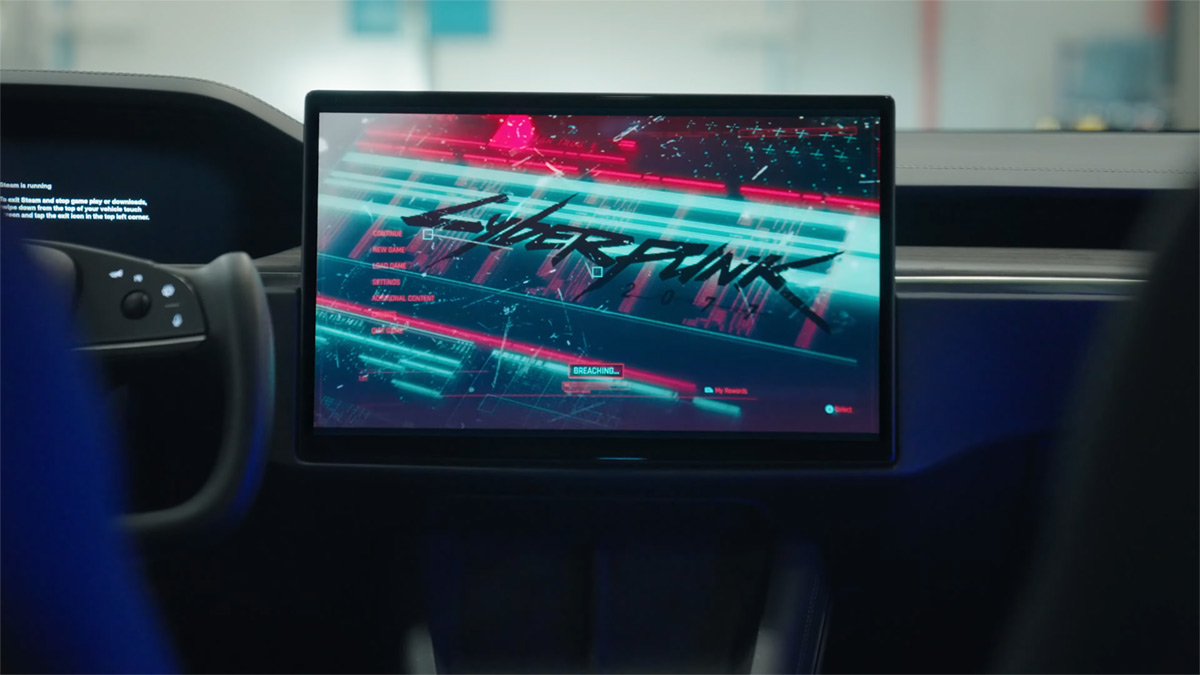Hacker demands $200K ransom from Port of Kennewick
Hackers are demanding a $200,000 ransom after placing an encryption lock on the Port of Kennewick’s computer servers and files, the port said Tuesday.
Under the direction of the Federal Bureau of Investigation and advice from technology professionals, the port will not be paying the ransom.
There is no guarantee that hackers would deliver an encryption key to restore access if the port were to pay, it said.
Instead, it is working with the FBI and restoring the functioning of the port’s technology system, including rebuilding digital files from offline backups and bringing back access to the port’s email server, which is currently offline.
The port’s technology contractor does not believe that individual data has been compromised.
The goal of the attack appears to be to lock the servers to persuade the port to pay a ransom rather than accessing the information on the servers, according to the port.
The cyber attack was sophisticated, using “military-grade encryption,” according to the port. Neither the FBI or the Washington state Office of Cyber Security know of a decoder for it.
Port officials have been told that the most likely way hackers got into its computer system was through a fraudulent email to an employee, but a definitive cause has not been determined.
The FBI says that opening an email attachment, clicking an ad, following a link or even visiting a website that’s embedded with malware, can allow malware to be secretly downloaded into a computer system.
The port’s information technology contractor worked through the night Tuesday with a goal to restore email functioning on Wednesday. Re-establishing off-line data will take longer — likely a matter of days — in part because the contractor has been providing information requested by the FBI.
Along with restoration of the computer data, additional security and protection will be added to the port’s system.
The cost of recovering from the cyber attack will depend on the time needed for the contractor to repair damage.
Tana Bader Inglima, the port’s deputy chief executive, said the port has made regular upgrades to the port’s servers and its security and anti-virus software through its information technology contractor and with the guidance of an IT consultant.
The consultant advises the port on computer technology and helps provide contractor oversight.
Ransomware safety
The FBI offers these tips to businesses, organizations and home computer users help avoid harm from ransomware or any type of malware:
▪ Keep operating systems, software and applications current and up to date
▪ Make sure anti-virus and anti-malware solutions are set to automatically update and run regular scans.
▪ Back up data regularly and double-check that those backups were completed.
▪ Secure your backups. Make sure they are not connected to the computers and networks they are backing up.
▪ Create a continuity plan in case your business or organization is the victim of a ransomware attack.






